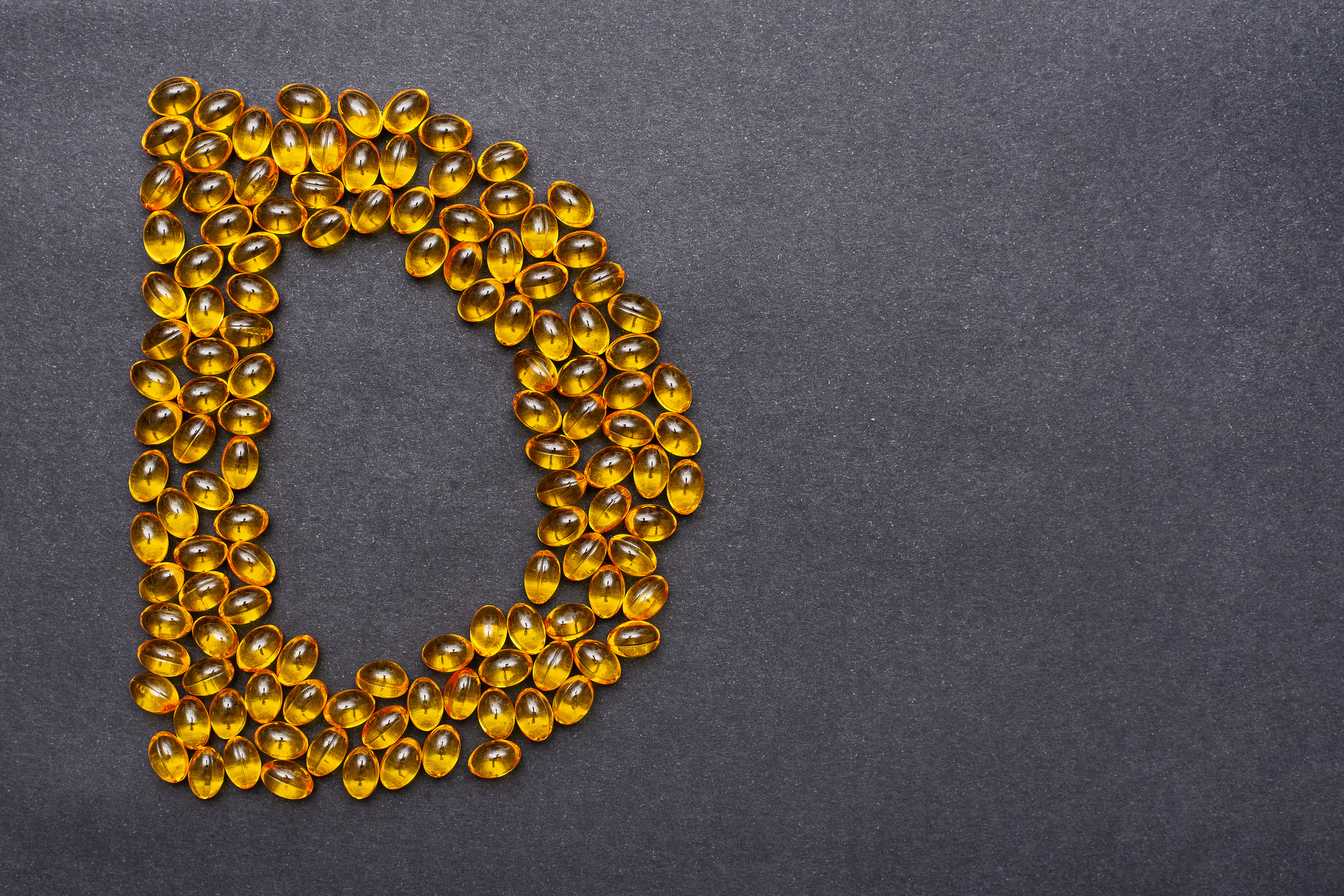

For decades now, researchers have been on the lookout for a magic pill for dementia.
And supplements appear to be among the top contenders…
Take omega-3s. Several studies have found these fish oil nutrients improve memory function, boost brain volume and help clear plaques from the brain. At first, experts were skeptical until they finally realized dosage matters, since most omega-3s don’t make it to the brain.
Then there’s niacin, which belongs to the family of B vitamins. More than a decade ago, researchers found that people with the lowest food intake of niacin were 80 percent more likely to be diagnosed with Alzheimer’s than those with the highest.
But vitamin D’s relationship with brain health may have the most research and most clout. In fact, a search of medical databases will pull thousands of hits on this dementia repellent. So why do researchers keep going back for more? If there could be a magic pill, vitamin D may be the closest we ever get…
More research shows vitamin D adds dementia-free years
The latest, a study from the University of Calgary’s Hotchkiss Brain Institute, has found that taking vitamin D is associated with more dementia-free years of life.
These findings were drawn from over 12,388 participants in the National Alzheimer’s Coordinating Center (part of the National Institute on Aging), a national database of standardized clinical research data.
The study also found that a group of people who took vitamin D supplements had 40 percent fewer dementia diagnoses than those who did not take the supplements.
However, if you are genetically predisposed, the level of benefit may not be as high…
The APOEe4 gene is connected with a higher-than-average risk for Alzheimer’s disease. This study found that those who did not carry this gene saw “significantly greater” benefits from taking vitamin D (the reason for this is not fully understood).
They also saw that women appeared to benefit more than men. I wonder if that is because up to two-thirds of people with dementia are women.
An important note about vitamin D
Professor Zahinoor Ismail of the University of Calgary, lead author of the study, says, “Our findings give key insights into groups who might be specifically targeted for vitamin D supplementation. Overall, we found evidence to suggest that earlier supplementation might be particularly beneficial, before the onset of cognitive decline.”
So if you’re not already supplementing with vitamin D, there’s no better time than now to start. But you should know that vitamin D is not a one-size-fits-all nutrient…
We’ve known for some time that weight is a risk factor for vitamin D deficiency. In other words, people who are overweight are as much as 23 percent more likely to be deficient.
A recent study also found that something different is happening with vitamin D metabolism at higher body weights that diminishes the vitamin’s benefits.
That means it’s important to do two things:
- Maintain a BMI under 40 in order to ensure your body is using vitamin D to its fullest efficacy;
- Supplement adequately. The current RDA of 600 to 800 IU for vitamin D is considered woefully insufficient by many experts by a factor of ten. You can read more about that here and why 5000 IU daily is considered a safe therapeutic dose for adults.
Sources:
Taking vitamin D could help prevent dementia, study finds — Eureka Alert
Vitamin D supplementation and incident dementia: Effects of sex, APOE, and baseline cognitive status — Alzheimer’s Association
Low levels of vitamin D in the brain linked to increased dementia risk — Medical News Today
About NACC — National Alzheimer’s Coordinating Center
